Beyond the Syllabus for Women’s History Month
Three sources to expand your vision of womanhood, across history and now.
Information & Inspiration from real teachers, real students & real research

Three sources to expand your vision of womanhood, across history and now.
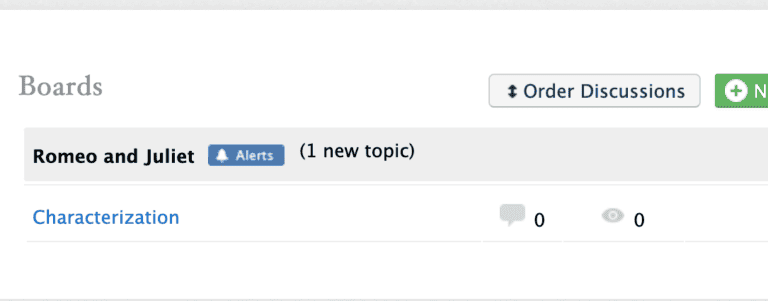
Two recent articles push us to expand the formality of language and setting that counts as “engagement” in discussion-based courses.
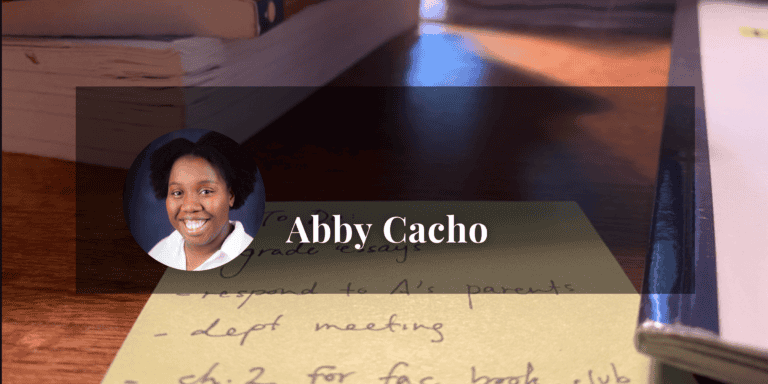
“…community matters. Teaching starts with our relationships to one another and trickles down to students.”
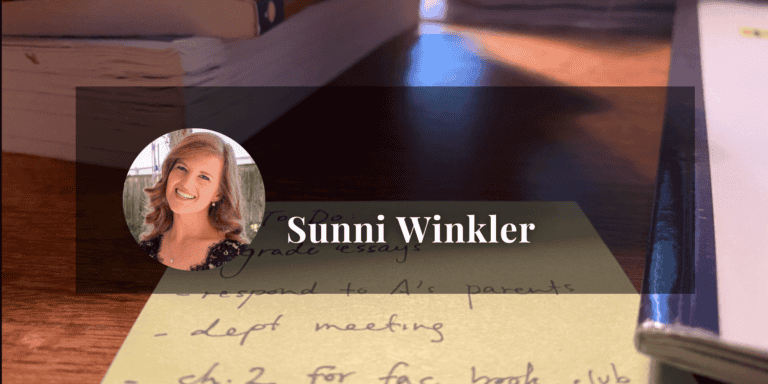
“…I want my students to know that I’m as much of a learner as they are. I want them to see me learning and engaging with content.”
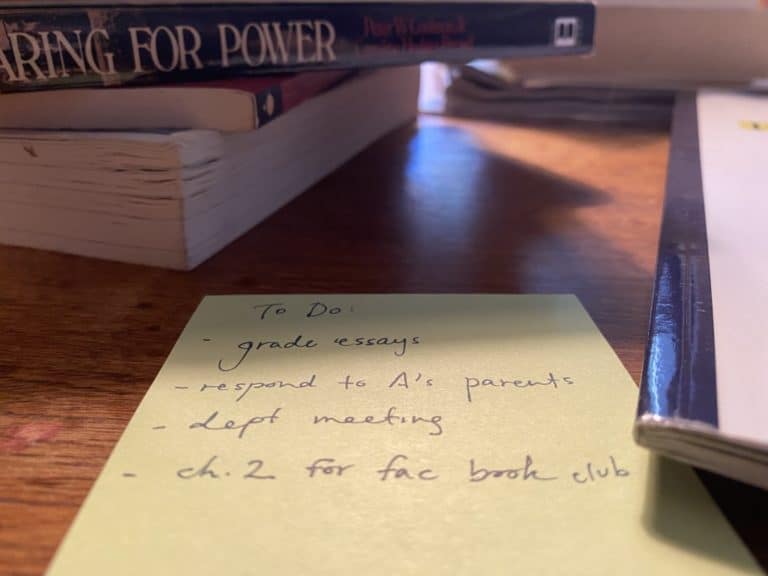
This week’s Beyond the Syllabus brings together of-the-moment public debates, critical research, and retellings of history that cause us to renew our perspective on and passion for discourse in the classroom and beyond.

We spoke with TeachFX Founder Jamie Poskin to learn about his inspiration for and vision of technology’s role in improving class discussions.

Even without sophisticated video games at our disposal, we find Shute and Ventura’s embrace of games for formative assessment inspiring and wonder, after reading, what it might look like for teachers to enact “stealth” assessments in existing classrooms without sophisticated technology.
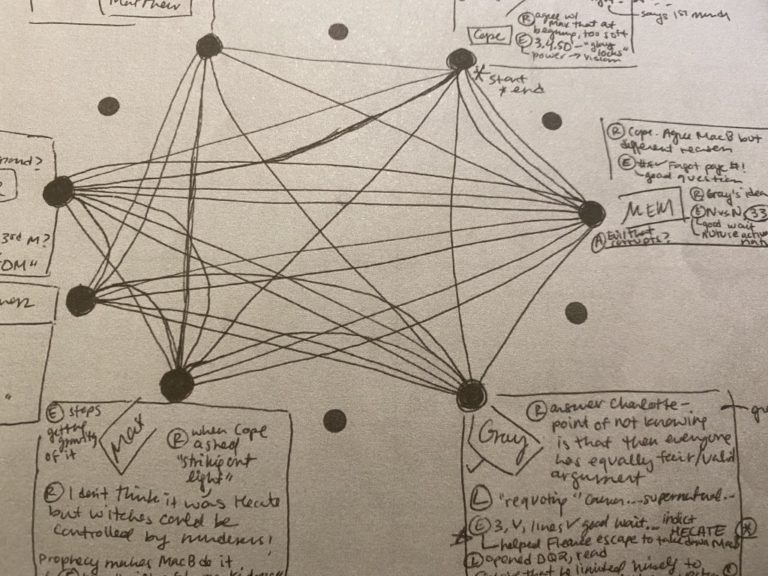
After a pandemic, and an election, what does work look like for teenagers, and how can educators and employers work together to (re)imagine the future of teen work?
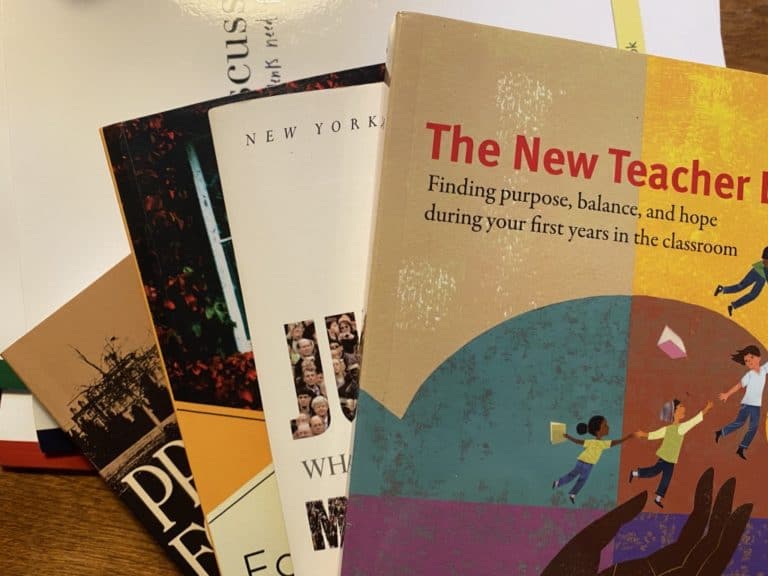
“If students are used to group discussions being just “talk,” it’s important to be up front about what, specifically, you’re doing. It’s formative.”
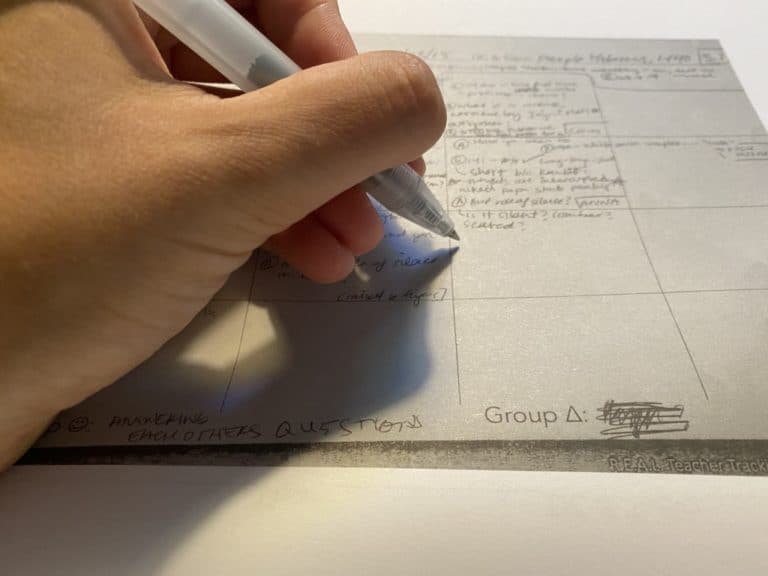
“Before, during, and after writing, there are opportunities to leverage classroom community, and I actually think that writing and discussion can both improve each other. We say that writing should happen every day and be a key element of the classroom, and I think discussion is the same way.”